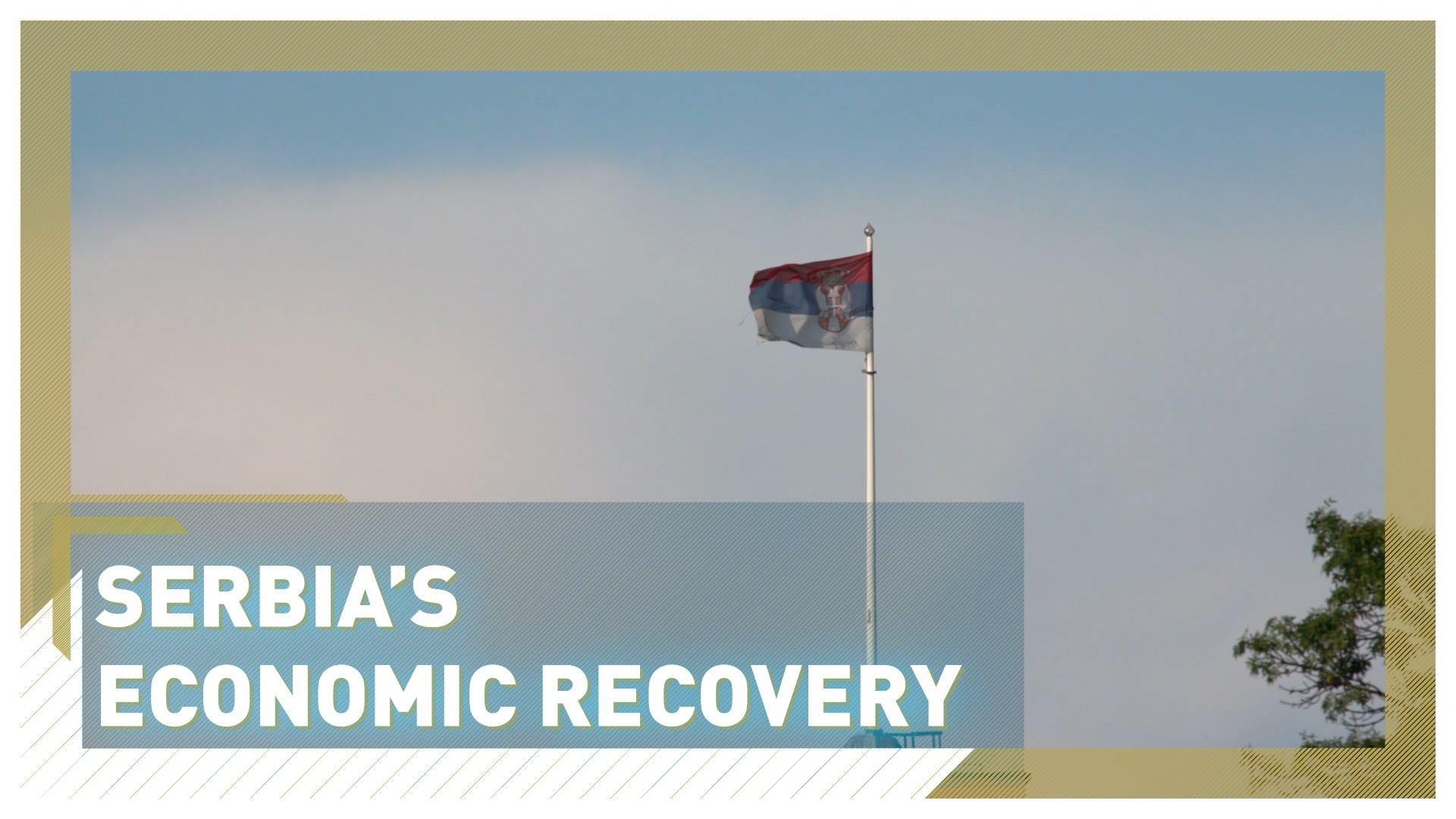The impact of COVID-19 has hit countries with smaller economies like Serbia especially hard as they lack the strength of major powers or trading blocs to be able to take it in its stride.
More powerful countries can spread their deficits out using their currency around the world but right now some of those without that resilience are struggling to keep going.
Serbia is one of those countries. It is not an EU member, just an aspiring candidate to join, for many, many years. When the EU decided to print hundreds of billions of euros and distribute it to the member states, it promised to send Serbia aid worth $109 million. At the same time, neighboring Croatia, half the size of Serbia, got just over $26 billion.
So, more than many other countries in Europe, Serbia has had to rely on its own resources. Just days ago, Serbian President Aleksandar Vučić announced the second set of self-reliant economic measures aimed at supporting local businesses.
"Our package up to now is over $6.8 billion, which is 12 percent of our GDP. I think it is one of the largest aid packages one country could offer. We cannot compare with the EU countries, which expect huge assistance and aid." Vučić said.
A significant chunk of that aid will go to the hospitality sector, which has been hit hardest. The government handed out 160 thousand holiday vouchers to boost domestic tourism. The first positive effects are already visible, says Lijana Stankovic from the National Tourist Organization of Serbia.
"In June we have a drop in accommodation nights of only 17 percent, compared to the same period of last year. It is a far better picture than just this May when we've recorded a drop of 80 percent. The increase is due to domestic tourists," she told CGTN.
Local entrepreneurs have greeted government measures with mixed emotions. On the one hand, they are supporting them, while on another, they are questioning whether they are enough.
"It is a good move by the government. However, I believe that we were all surprised by the second wave of the epidemic that came quite quickly, so we didn't have time to recover. The worst thing is that we don't know until when this would last." Dragan Imbronjev, a restaurateur from Serbia's second-largest city Novi Sad said.
In the end, it seems that the Serbian government hopes that the Covid-19 pandemic will run out of steam before the country's budget dries up.
Check out our new six-part podcast series Notes on a Pandemic as CGTN Europe finds out how business, science and people have risen to the challenge of COVID-19.








 User Center
User Center My Training Class
My Training Class Feedback
Feedback













Comments
Something to say?
Log in or Sign up for free